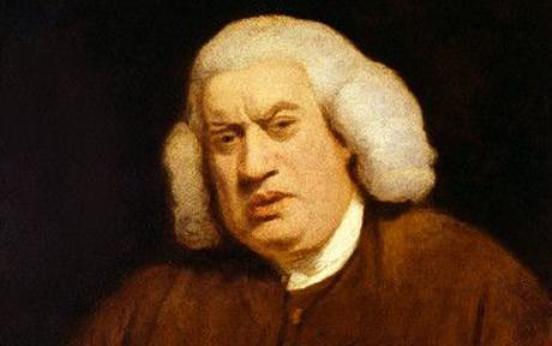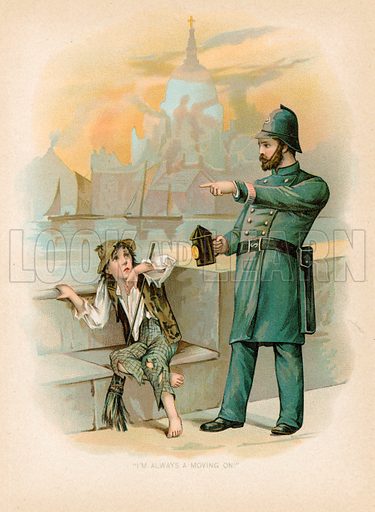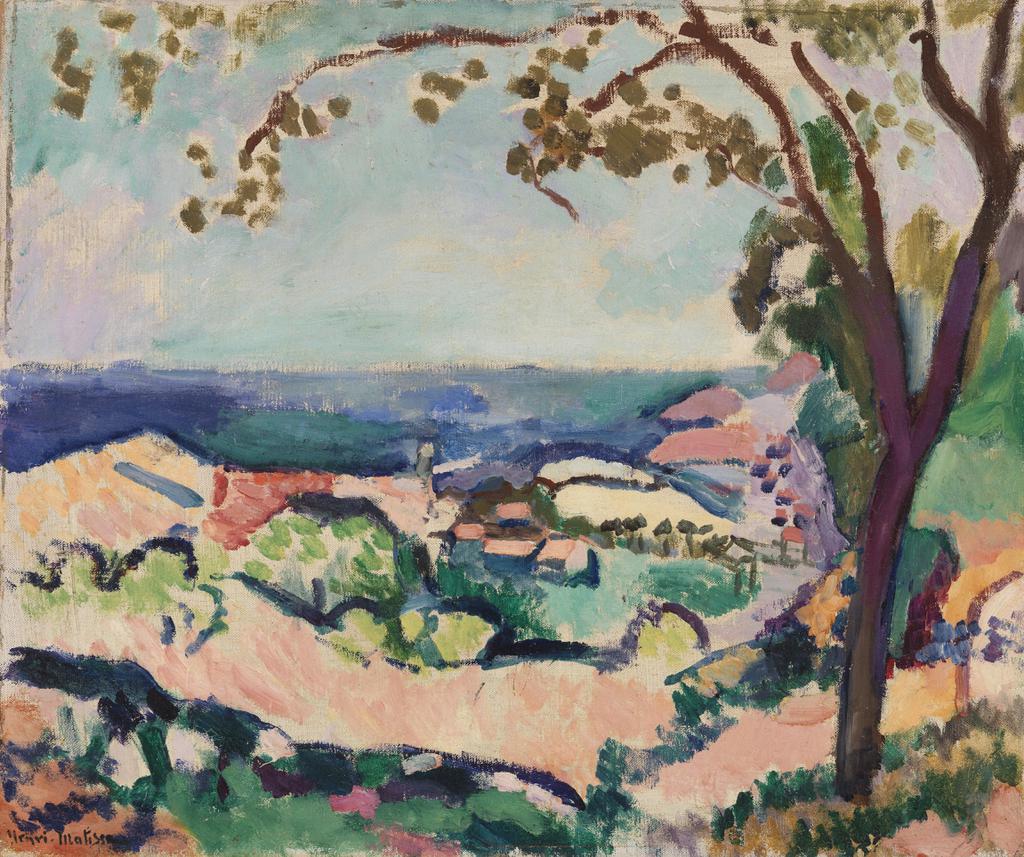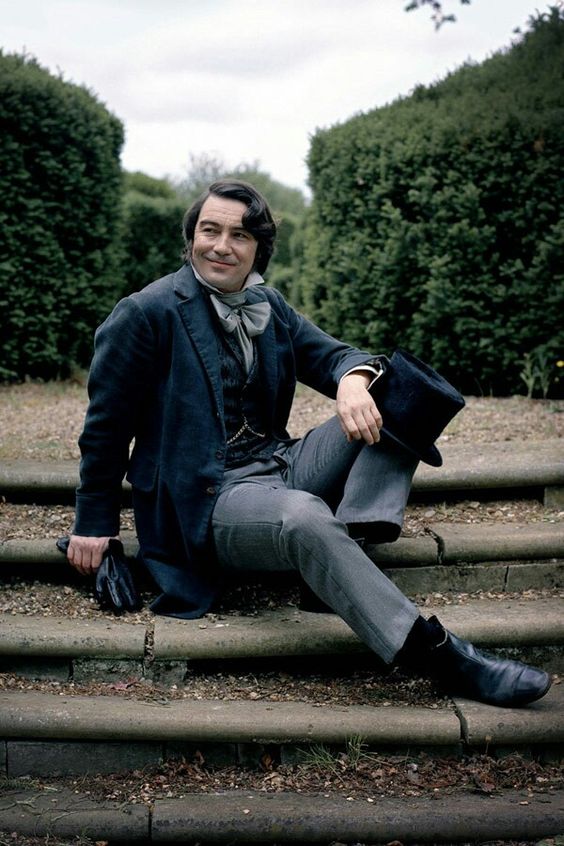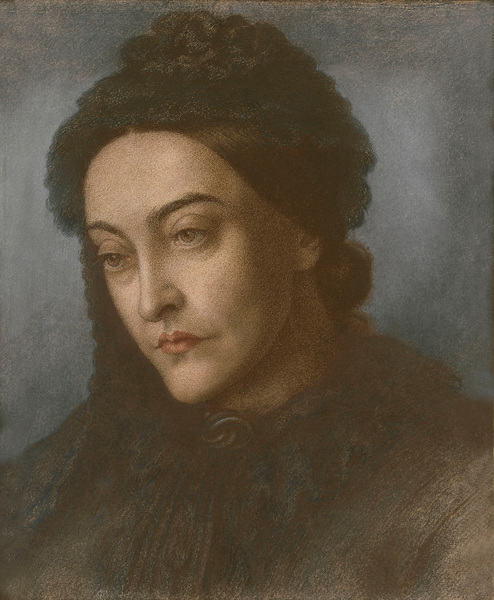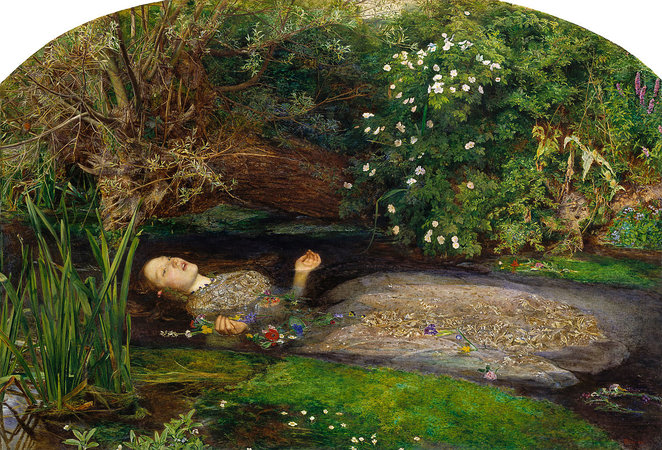Spiritual Sunday
I am doubly fortunate with regard to church today. In addition to serving as crucifer, I get to read one of my favorite passages from the Old Testament. Because it’s the passage from Ecclesiastes contending that all is vanity, I turn to Samuel Johnson’s most famous poem, The Vanity of Human Wishes.
To set the stage, here’s today’s reading:
Vanity of vanities, says the Teacher, vanity of vanities! All is vanity.
I, the Teacher, when king over Israel in Jerusalem, applied my mind to seek and to search out by wisdom all that is done under heaven; it is an unhappy business that God has given to human beings to be busy with. I saw all the deeds that are done under the sun; and see, all is vanity and a chasing after wind.
I hated all my toil in which I had toiled under the sun, seeing that I must leave it to those who come after me — and who knows whether they will be wise or foolish? Yet they will be master of all for which I toiled and used my wisdom under the sun. This also is vanity. So I turned and gave my heart up to despair concerning all the toil of my labors under the sun, because sometimes one who has toiled with wisdom and knowledge and skill must leave all to be enjoyed by another who did not toil for it. This also is vanity and a great evil. What do mortals get from all the toil and strain with which they toil under the sun? For all their days are full of pain, and their work is a vexation; even at night their minds do not rest. This also is vanity. (Ecclesiastes 1:2, 12-14; 2:18-23)
The poem is actually an imitation of—or riff off of—a poem much admired by 18th century satirists, including Jonathan Swift. There’s little doubt, however, that Johnson also has the passage from Ecclesiastes much in mind.
I won’t do a deep dive in the poem here because I’ve done so in the past, when I applied Johnson’s satire to the early days of the Donald Trump presidency. (You can read that post here.) After providing a taste of the poem, which is quite long, I look at its Christian ending.
Since our family has just been through a death, here’s what the poem says on that score. Johnson that that if we wish for a long life, we are destined to be disappointed with old age. Or as he puts it, “life protracted is protracted woe.” In other words, wishing is vanity. For one thing, life can lose its savor as we get old:
Enlarge my life with multitude of days,
In health, in sickness, thus the suppliant prays;
Hides from himself his state, and shuns to know
That life protracted is protracted woe.
Time hovers o’er, impatient to destroy,
And shuts up all the passages of joy:
In vain their gifts the bounteous seasons pour,
The fruit autumnal, and the vernal flower,
With listless eyes the dotard views the store,
He views, and wonders that they please no more…
Johnson goes on in this vein for another 26 lines before presenting us with a second hypothetical. Suppose we have an ideal aging process. Johnson describes it as follows:
But grant, the virtues of a temp’rate prime
Bless with an age exempt from scorn or crime;
An age that melts with unperceiv’d decay,
And glides in modest innocence away;
Whose peaceful day benevolence endears,
Whose night congratulating conscience cheers;
The gen’ral fav’rite as the gen’ral friend:
Such age there is, and who could wish its end?
“Yet ev’n on this her load misfortune flings,” Johnson laments. What misfortunes? Johnson tells us:
New sorrow rises as the day returns,
A sister sickens, or a daughter mourns.
Now kindred merit fills the sable bier,
Now lacerated friendship claims a tear.
Year chases year, decay pursues decay,
Still drops some joy from with’ring life away;
New forms arise, and diff’rent views engage,
Superfluous lags the vet’ran on the stage,
Till pitying nature signs the last release,
And bids afflicted worth retire to peace.
Faced with the vanity of human wishes, Johnson concludes that our only hope lies with God. The only wishes that are not vain are wishes for a healthful mind, obedient passions, a will resigned, love, patience, and faith. For these we should “pour forth [our] fervors”:
Pour forth thy fervors for a healthful mind,
Obedient passions, and a will resign’d;
For love, which scarce collective man can fill;
For patience, sov’reign o’er transmuted ill;
For faith, that panting for a happier seat,
Counts death kind Nature’s signal of retreat:
These goods for man the laws of Heav’n ordain,
These goods he grants, who grants the pow’r to gain;
With these celestial wisdom calms the mind,
And makes the happiness she does not find.
Only celestial wisdom can calm the mind and reconcile us to our inevitable unhappy state. In short, pray for God’s love.
